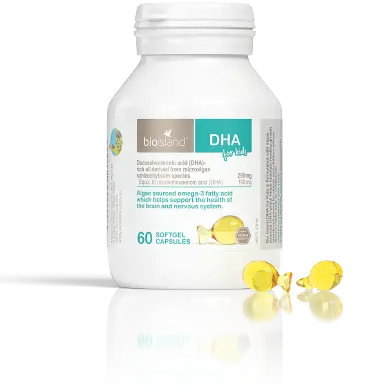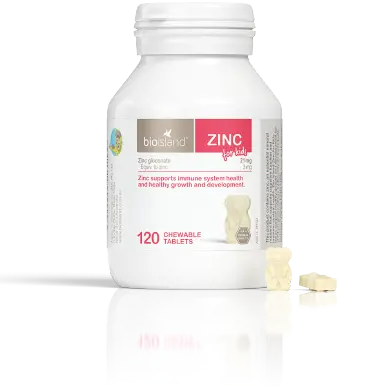
Exercises to help keep your mind healthy
Diet of course plays a significant role in a healthy brain by providing it with the right amount of nutrients needed to function, but what about keeping your brain physically fit?
Adult & Seniors Health, Healthy Mind
By Bio Island Nutrition Team
There is so much emphasis placed on achieving the right balance between diet and exercise for a healthy body however, many people do not think about keeping their brains healthy. Diet of course plays a significant role in a healthy brain by providing it with the right amount of nutrients needed to function, but what about keeping your brain physically fit?
Brain exercises have been shown to promote learning, memory, focus, and keep our stress levels down and while brain exercises can be done at any stage of life, they are especially important as we age. The best news is, exercising your brain is not like the physical exercise we do with our bodies, it won’t make you sweat or raise your blood pressure and best of all, it’s lots of fun!
Build your vocabulary
Not only does a good vocabulary help with everyday communication with friends, family and work colleagues, learning new words can also stimulate your brain. One of the best ways to get started is by reading regularly and then writing down any words that you are unfamiliar with. Once you have a list of words, once a week (or at a time that best suits you) you can look up the words in a dictionary and write their definitions in the same notebook. Before you know it, you’ll have a whole new list of words you can begin to use. Some other great vocabulary boosters are ‘word a day’ calendars that you can keep on your desk at work, or there are even websites and apps you can subscribe to and learn a new word each day.
Learn a new language
If you are looking for something even more stimulating and challenging, you can always learn a new language. Research shows that bilingualism can help you to switch between tasks more easily, contributes to a better memory, encourages higher levels of creativity, and may help to delay age-related mental decline. There are many ways to achieve your goal of learning a new language from books to classes, private tutors, podcasts, audiobooks, and smartphone applications. In fact, it’s never been easier to start, with enough practice and patience could be speaking another language within 6 months.
Play games
By far one of the most entertaining and engaging ways to stimulate your brain is by playing games. Some of the most beneficial games to improve your cognitive abilities include chess, cards, puzzles, and more solitary games like crosswords and sudoku. Not only do these games challenge and exercise your brain but they also encourage quality family time or even quality solitary time, helping you to learn new skills while relaxing in the comfort of your own home and switching off from screens.
Music
Music is one of the most underestimated and engaging activities we have at our disposal. Research shows that listening to music helps to generate more innovative solutions, boost creative thinking, and helps us to switch off and de-stress. If you want to use music to really enhance your learning and coordination, learn how to play an instrument! The great news is our brains are capable of learning new skills at any point during our lifetime, so you are never too old or young to start. So, whether it’s drums, guitar, piano, or even the violin, you won’t regret trying something new and your brain will get a great workout at the same time.
Meditation or tai chi
The benefits of meditation for your mind are well documented, and while this may not be considered ‘exercise’ for the mind, it may surprise you to find out that it actually is. Our minds are constantly active and busy planning, worrying, or just stuck in thought all day every day. Taking up a meditation practice helps train our minds to quieten down and teaches us important techniques that help us to remain in a more quiet and peaceful state in everyday life. Like any new skill, meditation takes practice and consistency, and it can be difficult to begin with. Thankfully, there are many resources out there to help you get started and you can choose to begin with guided meditation apps or even incorporate some form of light physical activity into your meditation practice such as tai chi or yoga.
This information does not take into account your personal situation and is general in nature. You should consider whether the information is appropriate for your needs and seek professional medical advice.
Always consult your healthcare professional before taking any supplements or if any concerns arise.






